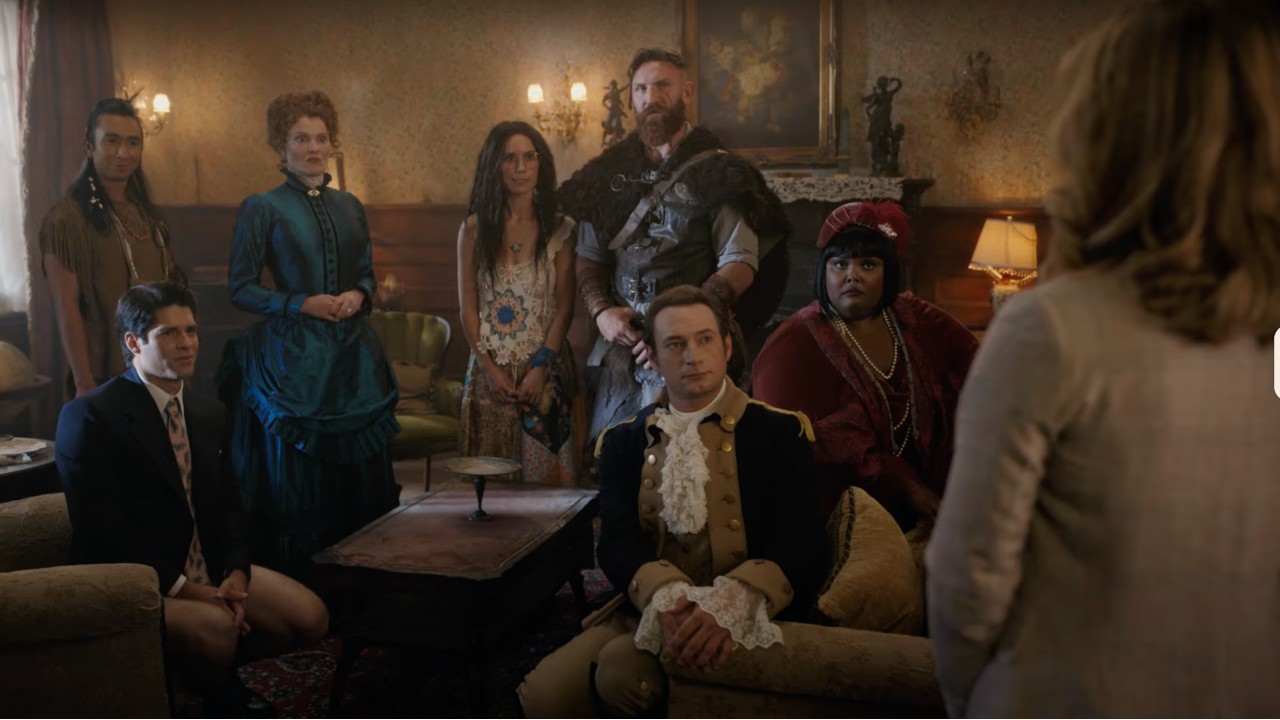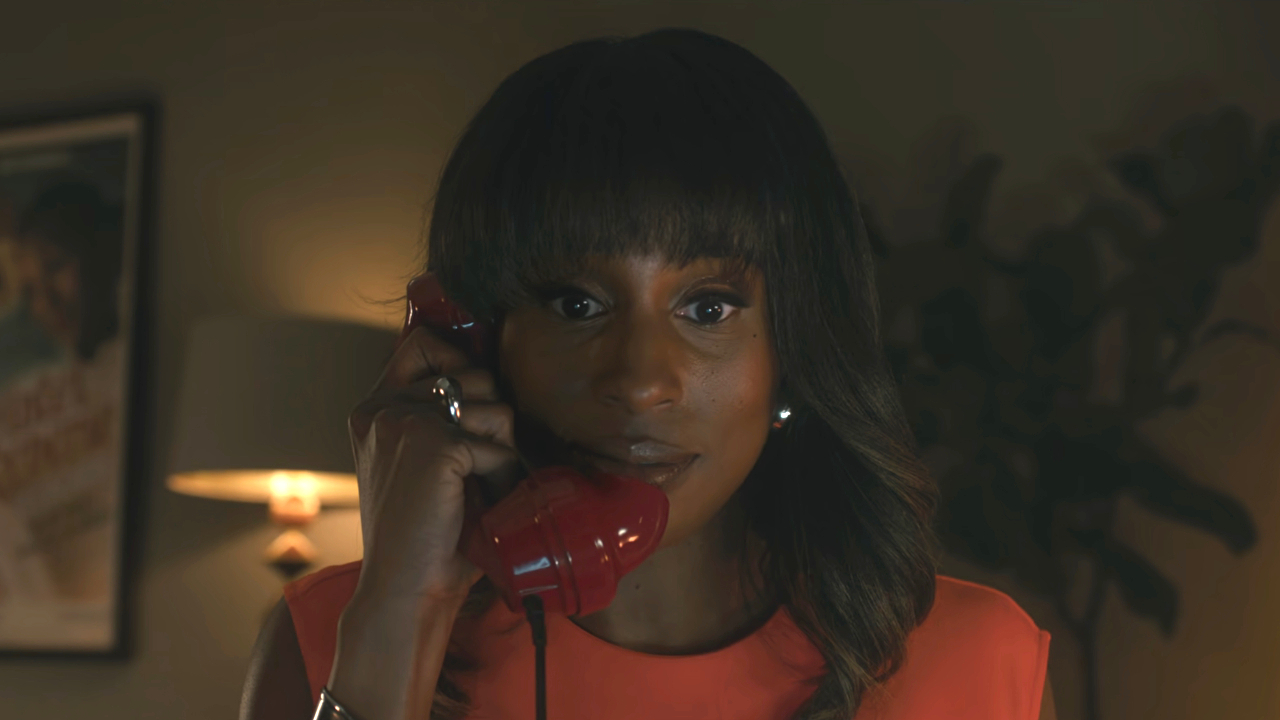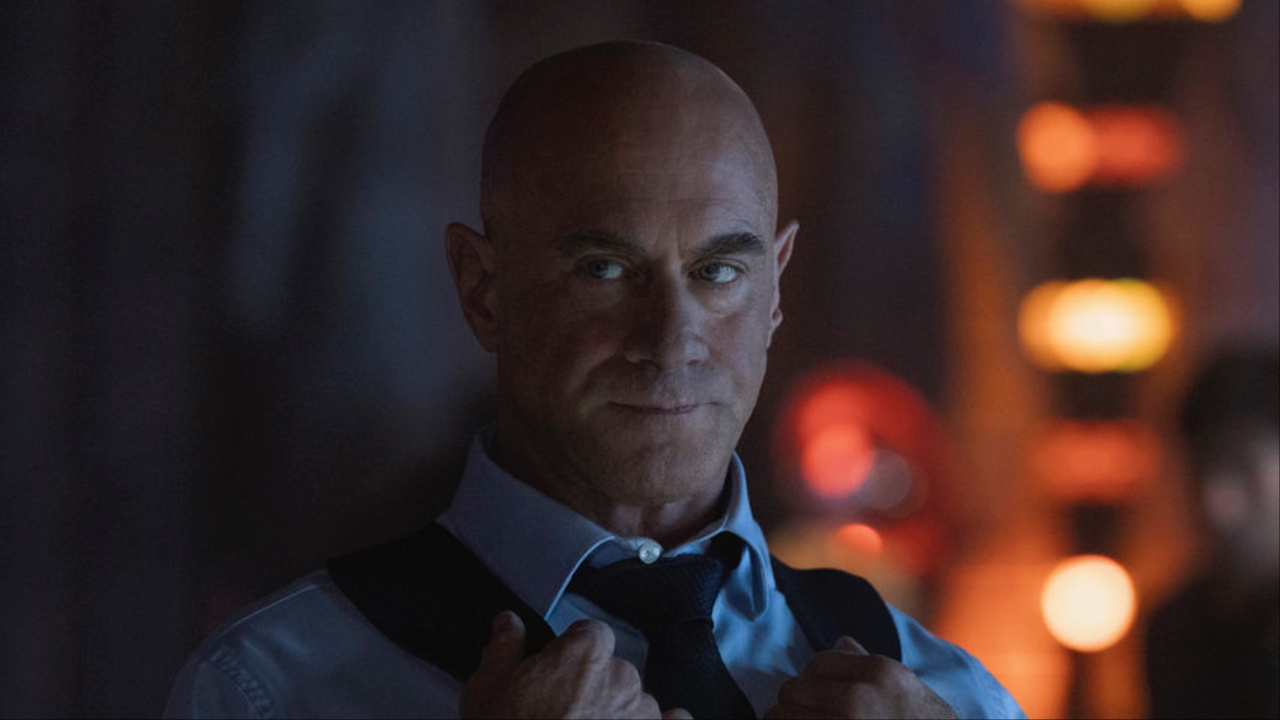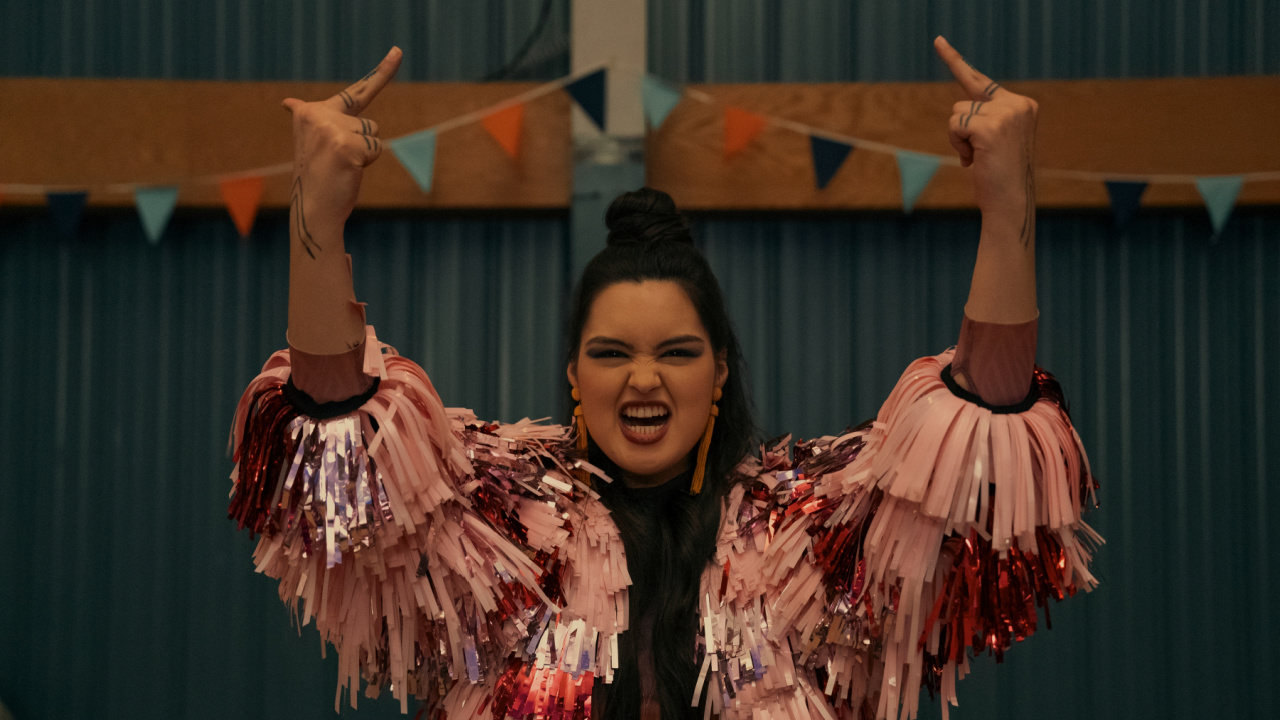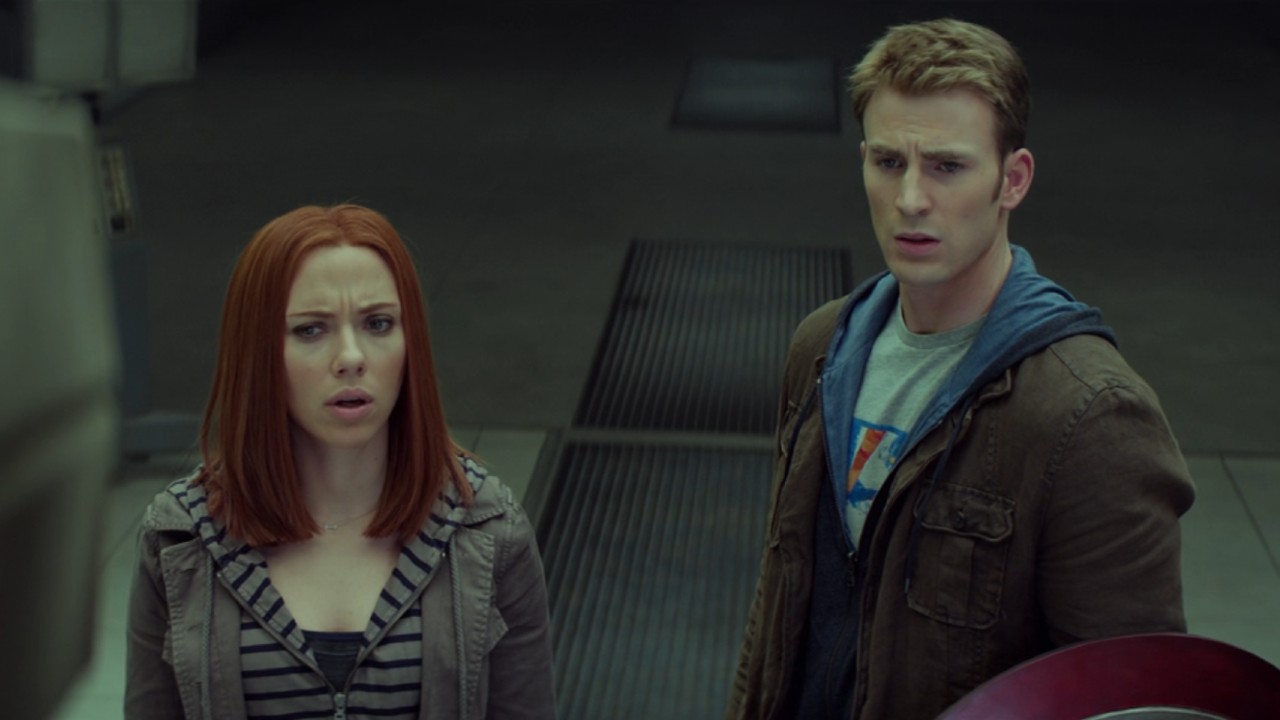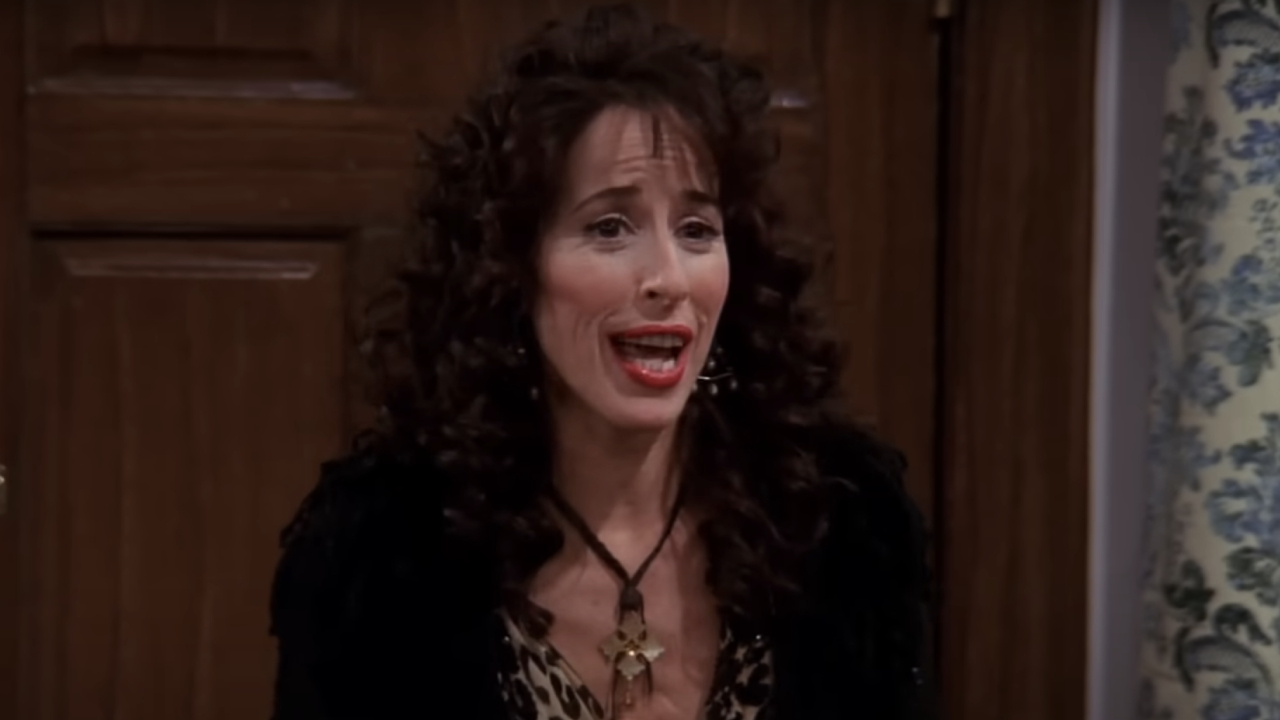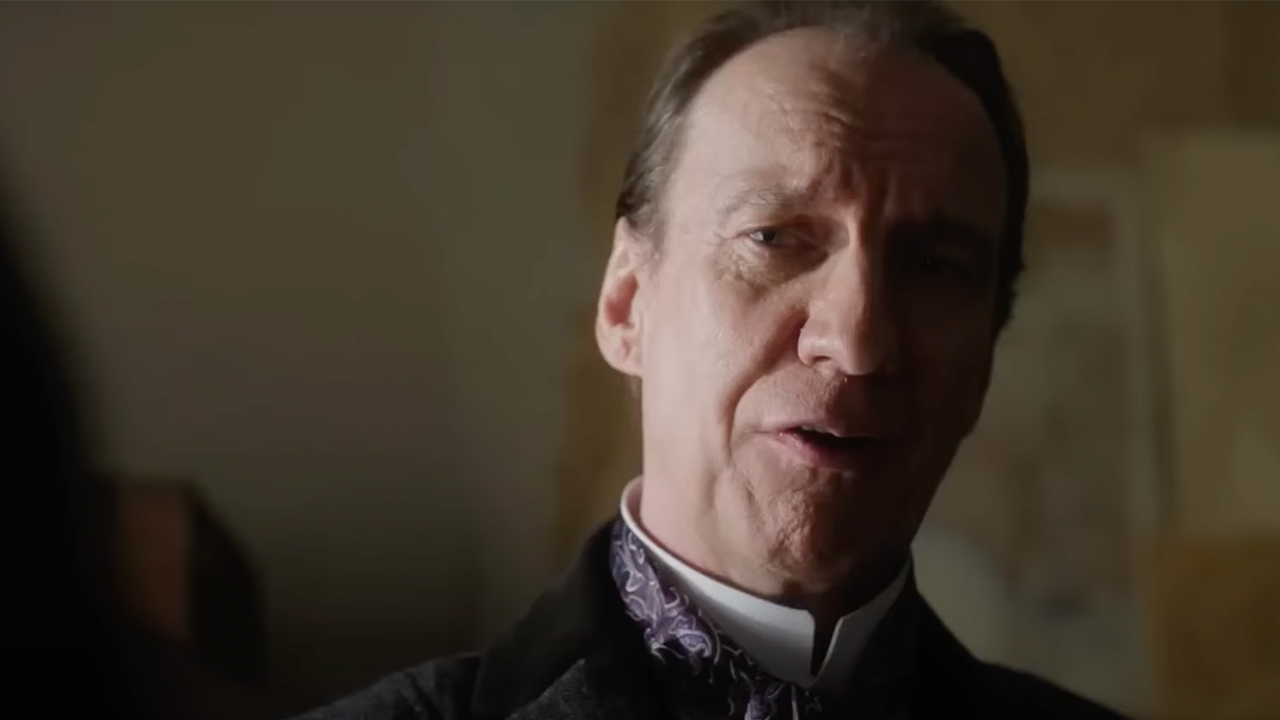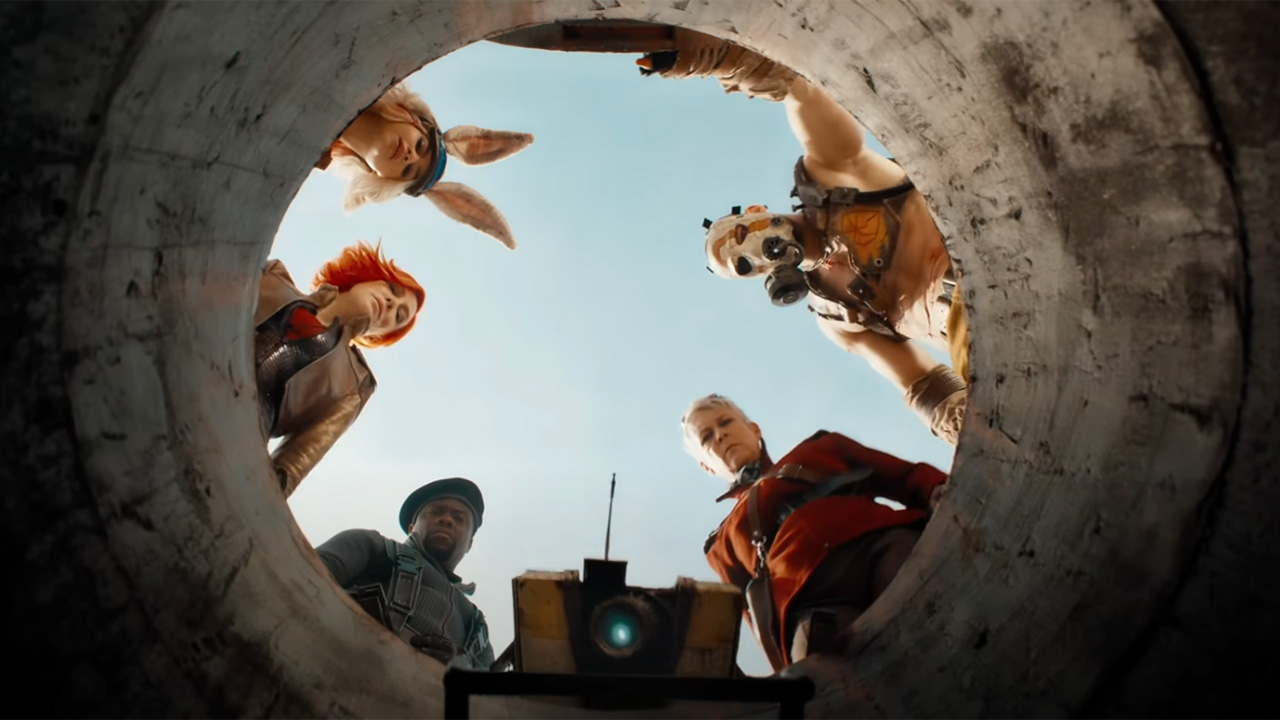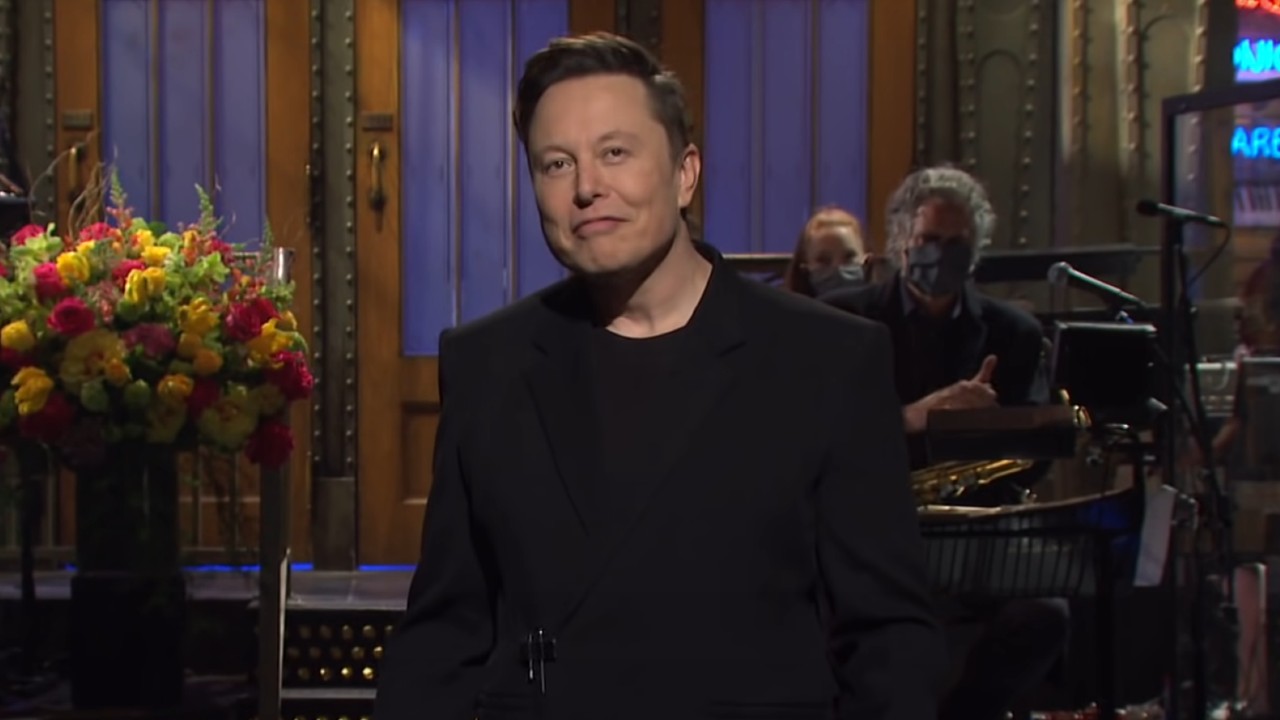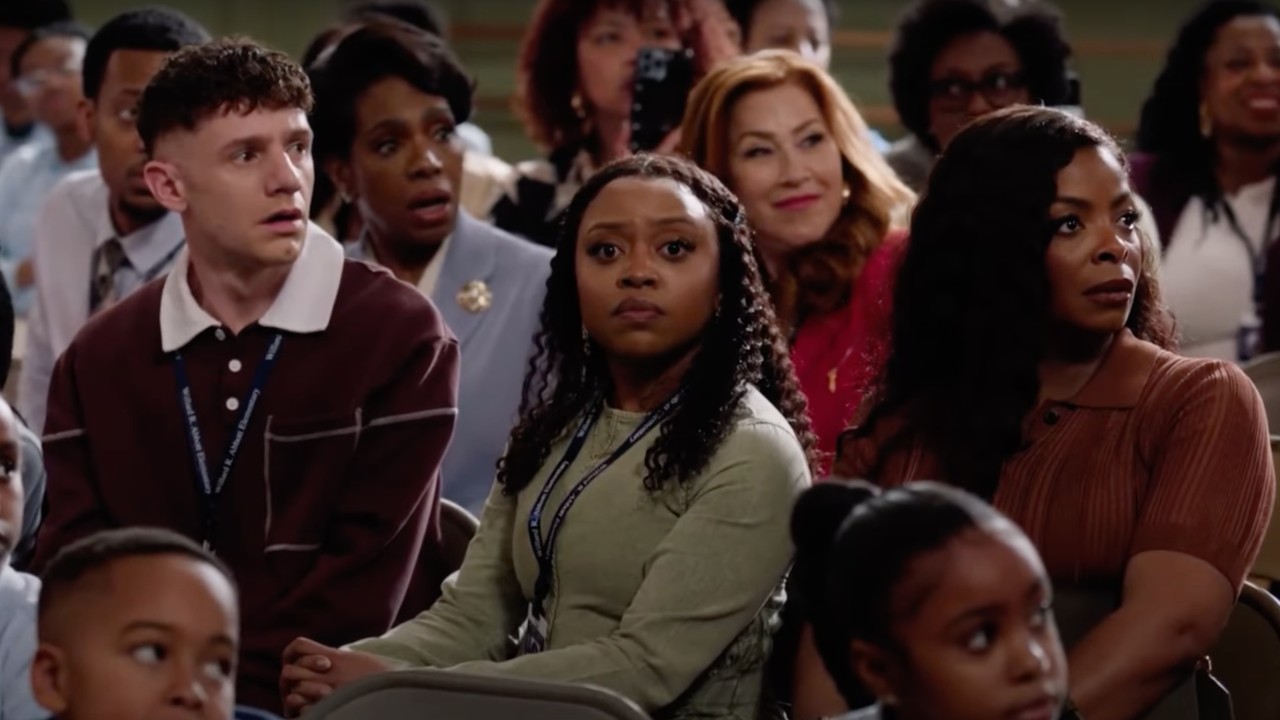Why DC Universe Rebirth Spells Good Things For The DC Extended Universe's Future
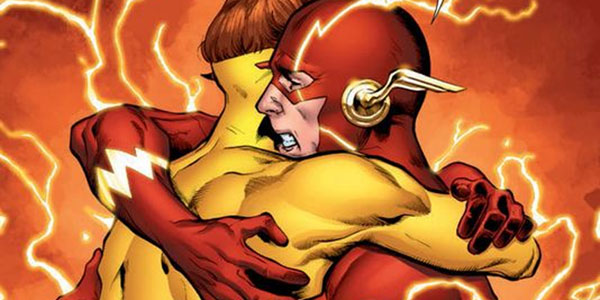
SPOILER WARNING: The following contains massive spoilers for the new comic book issue "DC Universe Rebirth." If you have not yet read this comic, and don’t wish to know any details before doing so, we highly recommend clicking away to another one of our wonderful articles!
Zack Snyder’s Batman v Superman: Dawn of Justice has emerged as one of the most divisive films of the year – and while the movie certainly has its hardcore supporters, even they can’t deny that the schism isn’t great for the growing big screen DC Extended Universe. The ideal situation would have been the blockbuster being as great and beloved as Christopher Nolan’s The Dark Knight, but both critics and audience groups being split has resulted in an unfortunate degree of doubt surrounding the franchise’s future.
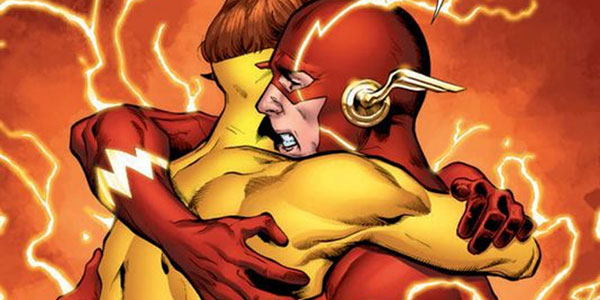
The good news is that if the newly released "DC Universe Rebirth" comic is any indication, the folks at the legendary comic book company completely understand exactly what it is that has gotten fans riled up, and are now paving the way towards a future that corrects the path.
Written by Geoff Johns, who is the Chief Creative Officer at DC Comics and was just handed the keys to the DCEU, "DC Universe Rebirth" is a new semi-reboot of the DC Comics Universe, coming just five years after the franchise’s last hard reboot, known as The New 52 in 2011. In the comic, Wally West a.k.a. Kid Flash – a character who has not appeared in DC issues in years – finds himself trapped just outside of reality in the Speed Force, and desperately tries to reach out to various characters to find someone who can remember him. As Wally witnesses all kinds of new developments involving characters like Batman, Blue Beetle, The Atom, Wonder Woman and more, he continually fails to get anyone to recognize him, and finds all of his hope beginning to fade as he fears soon being deleted from existence.
Wally’s last and only hope winds up being Barry Allen a.k.a. The Flash – his personal idol and mentor, not to mention the hero whose mantle he took up following Barry’s death in the classic "Crisis On Infinite Earths" crossover event. While Wally fears that The Flash not recognizing him will be the end of the line, he remembers the joy that Barry takes in helping people and saving lives, and believes he can die peacefully with that thought. All hope is not lost, however, as the elder Flash recognizes and remembers his long-lost sidekick, and the two embrace in a tearful hug. It’s a beautiful and emotional moment that gives way for a larger mystery, however, as its revealed that there has been an external force messing with the DC Universe for the last 10 years – and it’s strongly suggested that this force is none other than Dr. Manhattan from Watchmen.
On beyond just being a great comic that sets up an interesting path moving forward, "DC Universe Rebirth" can very much be read on a meta level that suggests that the company is ready to make a shift in the way that their characters and stories are perceived. A certain level of darkness has been the name of the game for a while now – brought to an unpleasant level in Batman v Superman: Dawn of Justice - but the light and happiness that these heroes can bring has not been forgotten, and is ready to come out again. This is just an idea on the page currently, but with Geoff Johns now having a more significant role with the DCEU and the backlash against Batman v Superman: Dawn of Justice, it’s easy to believe in a course correction on the big screen as well.
Certainly one of the most controversial aspects of "DC Universe Rebirth" is the implementation of Alan Moore and Dave Gibbons’ brilliant characters from Watchmen, who have always existed separately from the main DC Universe. However, Geoff Johns uses them in the story to really drive home the meta commentary about the tone of company’s recent work. Like Frank Miller’s The Dark Knight Returns (which Batman v Superman: Dawn of Justice was heavily inspired by), Moore and Gibbons’ genius miniseries was very much a post-modern work made to serve as a commentary about comics and superheroes – and was a very cynical one at that. In suggesting that Dr. Manhattan has been manipulating the universe for the last 10 years, there’s an easy-to-read commentary about how that same cynicism has bled into the work that’s been produced – and now it’s time to break from that. Of course, a more movie-centric aspect to acknowledge is the fact that Zack Snyder also happened to direct the film adaptation of Watchmen, which you can read into on a level of your choosing.
CINEMABLEND NEWSLETTER
Your Daily Blend of Entertainment News
We don’t expect either DC Comics or the DC Extended Universe to abandon a darker approach entirely, and we wouldn’t want them too – as variety in tone is just as important as variety in storytelling when it comes to keeping comics and the comic book movie genre fresh. That being said, there is a big piece of the puzzle missing when heroes don’t feel like heroes, but instead more like burdened and put-upon individuals suffering at the hands of their own responsibility – and there is a tremendous recognition of that in "DC Universe Rebirth." It seems that things are being shaken up for the better, and hopefully we will see that reflected on the big screen sooner rather than later.

Eric Eisenberg is the Assistant Managing Editor at CinemaBlend. After graduating Boston University and earning a bachelor’s degree in journalism, he took a part-time job as a staff writer for CinemaBlend, and after six months was offered the opportunity to move to Los Angeles and take on a newly created West Coast Editor position. Over a decade later, he's continuing to advance his interests and expertise. In addition to conducting filmmaker interviews and contributing to the news and feature content of the site, Eric also oversees the Movie Reviews section, writes the the weekend box office report (published Sundays), and is the site's resident Stephen King expert. He has two King-related columns.
